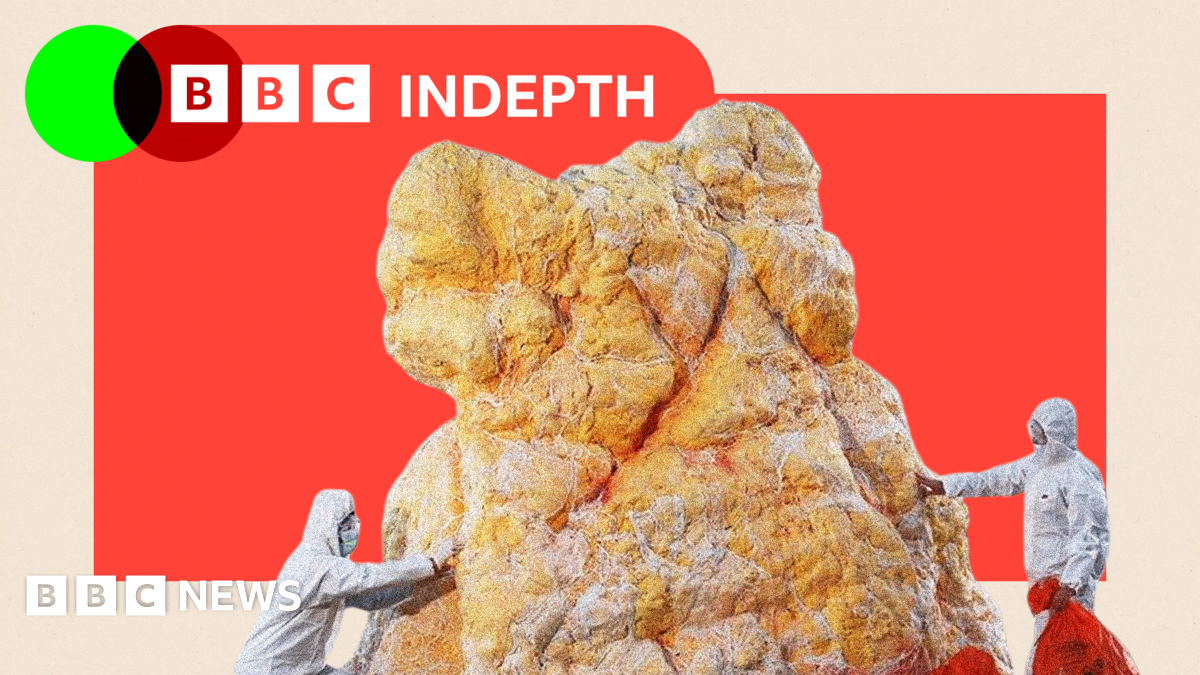- cross-posted to:
- nottheonion@zerobytes.monster
- cross-posted to:
- nottheonion@zerobytes.monster
Prof Stephen Wallace from the University of Edinburgh is among those turning the fatbergs into perfumes. “It’s a crazy idea,” he admits to me, “but it works.”
Fatbergs are accumulated lumps of fat from cooking oils, toilet and other food waste that people put down their drains. Prof Wallace gets his from a company that specialises in fishing them out of sewers and turning them into biofuels. They arrive at the lab in a tube.
The first step is to sterilise the material in a steamer. Prof Wallace then adds the specially modified bacteria to the remnants of the fatberg. The bacteria have a short section of DNA inserted, to give the bacteria their particular properties.
The fatberg gradually disappears, as the bacteria eat it, producing the chemical with the pine-like smell - this can be used as an ingredient in perfumes.
Prof Wallace says that while the UK has taken a lead role in establishing the technology, it now needs to show it can go to the next step. "We are at this nervous point where the core technology that enables a huge range of sustainable industrial technologies is established and we are now progressing to the stage of scaling up to manufacturing.
“But there is a challenge in the UK to create infrastructure… and progress to commercialisation at a rate that is comparable to investment in Europe and the US.”



Odour colon